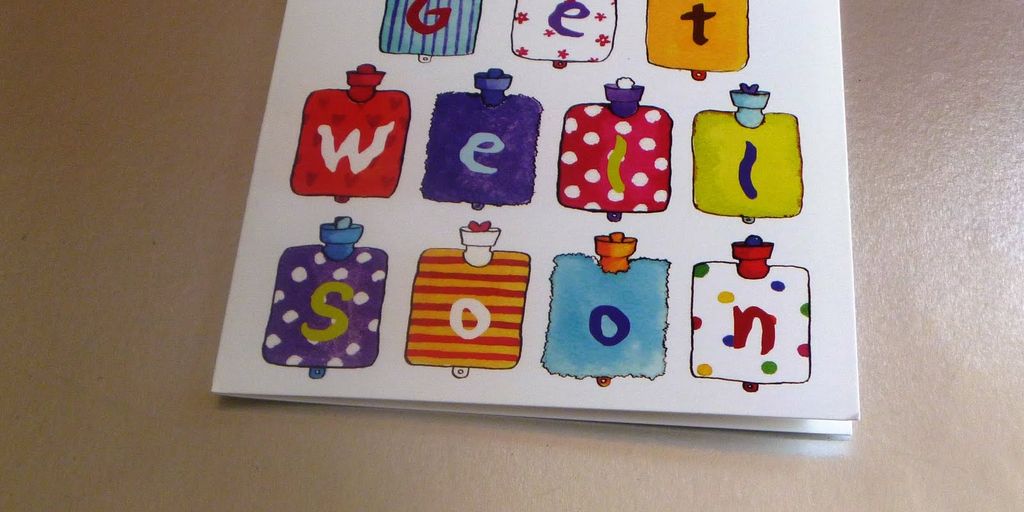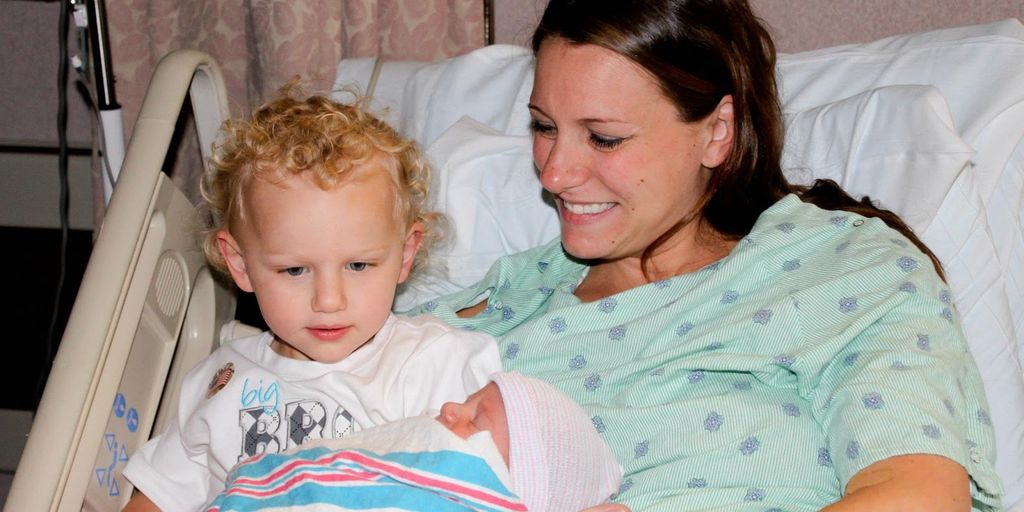
The first year of parenthood is a thrilling and transformative journey filled with joy, challenges, and countless learning experiences. As you navigate through sleepless nights, feeding schedules, and babyproofing your home, it’s essential to remember that you’re not alone. This guide aims to provide you with practical tips and insights to help you thrive during your baby’s first year.
Key Takeaways
- Sleep training can help your baby develop healthy sleep habits and ensure you get the rest you need.
- Breastfeeding essentials include finding the right position, ensuring a good latch, and seeking support when needed.
- Diapering basics involve choosing the right type of diaper, frequent changes, and proper hygiene to prevent rashes.
- Babyproofing your home is crucial to create a safe environment for your curious little one.
- Building a support network of family, friends, and parenting groups can provide invaluable emotional and practical support.
1. Sleep Training
Sleep training can be one of the most challenging aspects of parenting during the first year. Choosing a sleep training method that works for your family is crucial. There are two basic sleep training methods. The first involves letting the child “cry it out” (CIO). The idea behind CIO is that parents can sometimes get in the way of a baby learning to self-soothe. The second method is more gradual and involves comforting the baby at set intervals without picking them up.
Establish a Bedtime Routine
Creating a consistent bedtime routine can help your baby understand when it’s time to sleep. This might include activities like a warm bath, reading a book, or singing a lullaby. Over time, these cues will signal to your baby that it’s time to wind down.
Be Flexible
While routines are important, it’s also essential to be flexible. Babies can be unpredictable, and what works one night might not work the next. Adaptability is key to maintaining your sanity and helping your baby develop healthy sleep habits.
Remember, every baby is different. What works for one child might not work for another. Trust your instincts and be patient. Sleep training is a process, and it’s okay to seek help if you need it.
2. Breastfeeding Essentials
Breastfeeding can be a rewarding yet challenging experience for new parents. Trust your instincts and listen to your baby’s needs. It’s important to surround yourself with a strong support network, even if they are far away. Consider investing in a breastfeeding expert to guide you through the process and check for any issues like tongue tie early on.
Key Items for Breastfeeding
- Lanolin nipple cream to soothe sore nipples
- Therapearl breast therapy packs for relief
- Disposable nursing pads to stay dry
- A silicone breast pump for convenience
- Lansinoh breastmilk storage bags for easy storage
Tips for Successful Breastfeeding
- Create a comfortable feeding environment.
- Stay hydrated and eat nutritious foods.
- Be patient and give yourself grace as you and your baby learn together.
- Don’t hesitate to seek help if you encounter difficulties.
Remember, if you think something is wrong, it probably is. Do not let anyone gaslight you. Trust your instincts and take care of yourself as well.
3. Diapering Basics
Changing your baby’s diaper is a fundamental skill every new parent needs to master. Here’s a step-by-step guide to help you through the process.
- Gather all necessary supplies: a clean diaper, baby wipes, and diaper cream.
- Lay your baby on a clean, safe surface.
- Remove the soiled diaper and use baby wipes to clean your baby’s bottom. For a poopy diaper, make sure to clean thoroughly.
- If your baby is squirmy, hold their feet together by the ankles for a better grip.
- Slide a clean diaper under your baby and fasten it securely. For disposable diapers, pull the tabs open and around to the front, ensuring the diaper is snug but not too tight.
Always keep a change of clothes handy, as accidents can happen at any time. This will save you from unexpected messes and keep your baby comfortable.
Remember, practice makes perfect. The more you change diapers, the more confident you’ll become.
4. Babyproofing Your Home
Ensuring your home is safe for your baby is a crucial step in preparing for their arrival. This should include a deep cleaning of your home, which will eliminate dirt, bacteria, and germs that may not necessarily be addressed with standard cleanings.
Essential Steps to Babyproofing
- Cover Electrical Outlets: Use outlet covers to prevent your baby from sticking fingers or objects into electrical sockets.
- Secure Furniture: Anchor heavy furniture like bookshelves and dressers to the wall to prevent them from tipping over.
- Install Safety Gates: Place gates at the top and bottom of stairs and in doorways to restrict access to potentially dangerous areas.
- Lock Cabinets and Drawers: Use childproof locks to keep little hands out of cabinets and drawers that contain hazardous items.
- Check for Choking Hazards: Ensure that small objects, which can be choking hazards, are out of reach.
Room-by-Room Guide
We’ll take you through the essential steps to baby-proofing your home, providing practical tips and advice for each room. Read our comprehensive guide to make sure every part of your home is safe for your little one.
Babyproofing is not just about safety; it’s about peace of mind. Knowing that your home is secure allows you to focus on enjoying time with your baby.
5. Managing Sleep Deprivation
Sleep deprivation is all too common for new parents, but there are ways to get much-needed rest. Prioritizing your rest is crucial for maintaining focus, patience, and a positive mood. Here are some tips to help you manage sleep deprivation:
- Stick to a consistent bedtime for yourself.
- Limit afternoon caffeine intake.
- Put your phone down before bed.
- If you’re tired during the day, make it a priority to sit and relax, even if you can’t sleep.
In the early days, do whatever it takes to get some sleep. Have your baby in the bed with you, move your partner to a spare room, or find other creative solutions. This phase passes quickly, and your baby will eventually learn to sleep on their own.
Parents can help facilitate better sleep by exposing their baby to natural light during the day and engaging in stimulating activities. At night, keep the environment calm and quiet to signal that it’s time to sleep.
6. Building a Support Network
Building a support network is crucial for new parents. You don’t have to do this alone. Whether you’re co-parenting with a partner, relying on family and friends, or seeking guidance from parenting groups, having a strong support system can make a significant difference.
- Family and Friends: Lean on your family and friends for help. They can assist with tasks like cooking meals, helping around the house, or watching your baby so you can rest.
- Parenting Groups: Discover invaluable parent support groups covering diverse needs and interests. Find your tribe, seek advice, and navigate parenthood with confidence.
- Professional Help: Don’t hesitate to seek professional help if needed. Specialists can provide guidance and support tailored to your specific situation.
When new parents feel supported, they create a more caring and healthy environment for their baby. Surround yourself with strong supporters – even if they live 5,000 miles away.
7. Baby’s First Foods

Expose your child to a wide variety of tastes early on to avoid picky eating habits. Be a role model for healthy eating behaviors to set a good example for your baby. Prioritize sleep for both you and your baby, seeking advice if needed. Remember, it’s normal for babies to reject new foods at first, so be patient and keep trying. At 6 months, babies can eat anything except honey, which should be avoided until they are a year old. Encourage healthy eating habits by offering a variety of foods to develop their taste for different flavors.
8. Bathing Your Baby
Bathing your baby can be a delightful bonding experience, but it’s important to ensure safety and comfort. You’ll need an infant bathtub or flat surface, a few soft washcloths, gentle body wash or baby shampoo (fragrance-free and hypoallergenic), and a towel. Keep in mind that newborns don’t need daily baths; two to three times a week is sufficient.
Preparing the Bath
If you’re not using a baby tub, place a clean towel in the bottom of your bathtub, bathroom sink, or kitchen sink (thoroughly cleaned and rinsed ahead of time). Fill the tub with just a couple of inches of warm water, ensuring it’s not too hot by testing it with your wrist or elbow.
Bathing Steps
- Gently lower your baby into the water, supporting their head and neck.
- Use a soft washcloth to clean their face and hair, being careful around the eyes and fontanel (soft spot on the head).
- Wash the rest of their body, paying special attention to creases and folds where dirt can accumulate.
- Rinse your baby thoroughly with clean water.
- Lift your baby out of the bath and wrap them in a soft towel immediately to keep them warm.
Bath time is not just about cleanliness; it’s a wonderful opportunity to bond with your baby and make them feel secure. Enjoy these precious moments together.
9. Understanding Baby Cues
Understanding your baby’s cues is a skill that develops over time. From crying to cooing, your baby is constantly trying to communicate with you. Be patient and try different soothing techniques like infant massage to comfort your baby.
- When asking a question, give lots of time for the answer. Count to 10 in your head. If no answer comes, then answer the question yourself. Try an easier question the next time.
- Say your baby’s name as much as possible. They will look to see who is saying it and will try to reach out to the person.
- Never speak or sing too loudly, as this may scare babies.
- Smile as much as possible and provide your baby with comfort and trust.
Provide ways for your baby to see, hear, move freely and touch you. You should see your baby’s arms and legs move in disconnected ways. Slowly your baby will learn how to control their movements. Look into your baby’s eyes and smile in response to their smiles. You should see your baby react positively to your facial expressions, movements, and gestures.
Don’t read the clock… read the baby!
Learn your baby’s cues and meet their needs no matter what time it is. Do they look sleepy? Let them sleep. Do they look hungry? Feed them. Hang the schedule.
10. Self-Care for Parents
Taking care of yourself is essential for your well-being and helps you be a better parent. Self-care is key for new parents to stay grounded and present. Here are some tips to help you prioritize self-care:
- Ask for help: Don’t be reluctant to ask for support from family and friends.
- Move your body: Engage in physical activities like walking or yoga to stay active.
- Go to bed earlier: Ensure you get enough rest to manage the demands of parenthood.
- Try deep breathing: Practice relaxation techniques to reduce stress.
- Reconnect with hobbies: Find time for activities you enjoy to feel more balanced.
Remember, it’s okay to seek professional help if you’re feeling overwhelmed. Postpartum depression is common and treatable. You’re not alone, and it’s important to take care of your mental health.
By incorporating these self-care practices, you’ll be better equipped to handle the challenges of parenthood and enjoy the journey.
Conclusion
Navigating the first year of parenthood is a remarkable journey filled with highs and lows, moments of joy, and challenges that test your resilience. As you reflect on this transformative year, remember that every experience, whether triumphant or trying, contributes to your growth as a parent. Embrace the roller coaster of emotions, trust your instincts, and don’t hesitate to seek support when needed. By staying open to new experiences, prioritizing self-care, and building a supportive community, you can ensure that both you and your baby thrive. Cherish these moments, for they lay the foundation for a lifetime of love and learning.
Frequently Asked Questions
What is the best way to start sleep training my baby?
The best way to start sleep training is to establish a consistent bedtime routine. This can include activities like a warm bath, reading a book, or singing a lullaby. It’s also important to put your baby to bed drowsy but awake so they can learn to fall asleep on their own.
How often should I breastfeed my newborn?
Newborns typically need to be breastfed every 2 to 3 hours, or about 8-12 times in a 24-hour period. It’s important to feed on demand, meaning whenever your baby shows signs of hunger.
What are some essential items I need for diapering?
Essential diapering items include diapers (disposable or cloth), baby wipes, a changing pad, diaper rash cream, and a diaper pail for disposal. Having a portable diaper bag stocked with these items is also helpful for when you’re on the go.
How can I babyproof my home effectively?
To babyproof your home, start by securing heavy furniture to the walls, covering electrical outlets, and installing safety gates at the top and bottom of stairs. Also, keep small objects, sharp items, and toxic substances out of reach.
What are some tips for managing sleep deprivation as a new parent?
To manage sleep deprivation, try to sleep when your baby sleeps, share nighttime duties with your partner, and don’t hesitate to ask for help from family and friends. Taking short naps during the day can also be very beneficial.
When can I start introducing solid foods to my baby?
You can start introducing solid foods to your baby around 6 months of age. Begin with single-ingredient purees and gradually introduce a variety of fruits, vegetables, and grains. Always consult with your pediatrician before starting solids.






